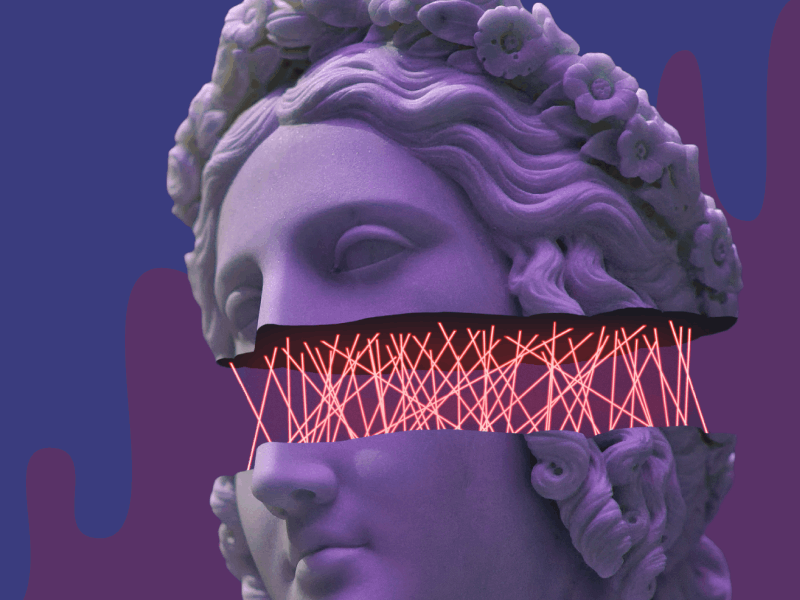- Lectures on how people assess information and how different cognitive bias and thought traps influence these assessments.
- Presentation of key concepts about how people's interpretation of information is influenced by social context, pre-understanding and earlier experiences.
- Practice on identifying bias and thought traps when we interpret news feeds, reports and research.
LD1004 Psychology and Critical Thinking 2.0 credits

Being able to interpret and analyze news, reports, and research is crucial for making good long-term decisions. Therefore, understanding how different cognitive biases and thought traps can affect your judgments is essential. In this course, you will learn to analyze how cognitive biases and thought traps can affect your assessments of information. You learn about practical strategies to deal with these pitfalls of thinking to make better decisions.
Information per course offering
Choose semester and course offering to see current information and more about the course, such as course syllabus, study period, and application information.
Course syllabus as PDF
Please note: all information from the Course syllabus is available on this page in an accessible format.
Course syllabus LD1004 (Spring 2023–)Content and learning outcomes
Course contents
Intended learning outcomes
After passing the course, the student should be able to:
- Explain central psychological concepts connected to how people assess information and understand how cognitive bias and thought traps influence these assessments.
- Analyse underlying theories of how people validate and assess different types of information and understand how different contexts could influence these assessments.
- Give an account of and analyse strategies that are used at marketing, news reporting and public opinion formation from a psychological perspective and be able to apply basic strategies to respond to such communication strategies.
Literature and preparations
Specific prerequisites
General entry requirements only
Literature
Examination and completion
Grading scale
Examination
- INLA - Assignment A, 1.0 credits, grading scale: P, F
- INLB - Assignment B, 1.0 credits, grading scale: P, F
Based on recommendation from KTH’s coordinator for disabilities, the examiner will decide how to adapt an examination for students with documented disability.
The examiner may apply another examination format when re-examining individual students.
If the course is discontinued, students may request to be examined during the following two academic years.
Examiner
Ethical approach
- All members of a group are responsible for the group's work.
- In any assessment, every student shall honestly disclose any help received and sources used.
- In an oral assessment, every student shall be able to present and answer questions about the entire assignment and solution.